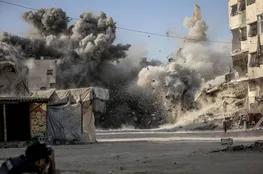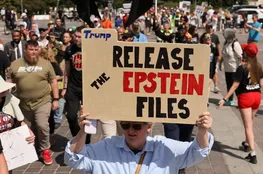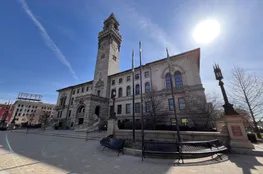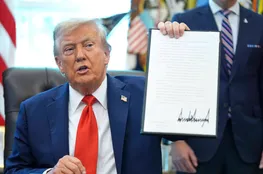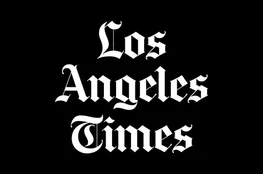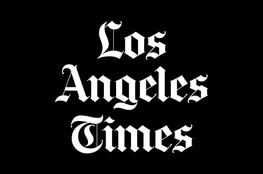Cameroonian journalists are facing significant challenges following a government directive that bans media coverage and public discussion regarding President Paul Biya's health. This measure, taken by Territorial Administration Minister Paul Atanga Nji on October 9, comes in response to speculation surrounding the 91-year-old president's prolonged absence from public engagements. The media is now at a crossroads, deciding between complying with the directive to avoid potential government backlash or continuing to report on public interest concerns.
According to Moki Edwin Kindzeka, VOA's Cameroon correspondent, there is a mixed reaction among journalists regarding the ban. Some have chosen to ignore it, continuing to report on President Biya's absence and health, while others, out of caution, have opted for silence. This reflects the broader atmosphere of fear and self-censorship in the media environment, as the government intensifies monitoring of the press. Emmanuel Jules Ntap, a freelance journalist, notes that the press mentions Biya's absence but avoids discussing his health, indicating a trend of self-censorship encouraged by governmental pressure.
International press freedom organizations have reacted strongly against the ban. Reporters Without Borders labeled it as intimidation and censorship, while the Committee to Protect Journalists observed that such measures are commonly justified under the guise of national security. Angela Quintal, CPJ's Africa Program Coordinator, emphasized that international media have received more coverage of the ban than local outlets, highlighting the restrictive environment for Cameroonian journalists.
The ban is part of a long-standing pattern of press suppression within Cameroon. The country has a history of media repression, with journalists facing threats, and imprisonment, often for reporting on politically sensitive topics like corruption. Currently, at least five journalists are known to be incarcerated for their reporting, particularly concerning the conflict in the English-speaking regions. Such charges are typically framed as anti-state activities, with trials held in military courts.
Mimi Mefo Newuh, an exiled Cameroonian journalist now in Europe, warns about the severe consequences of violating this directive, which could include charges under the country's 2014 anti-terrorism legislation. She highlights the significant risk journalists face, pointing to her own experiences of persecution. Moreover, despite efforts to contact the National Communication Council and the prime minister's office for clarification regarding the ban, VOA received no response.
The risks associated with tackling contentious issues lead many journalists to self-censor, a survival tactic reinforced by past tragedies like the 2018 death of Samuel Wazizi in custody and the 2023 murder of Martinez Zogo. Quintal notes that these incidents illuminate the dangers that Cameroonian journalists confront. Despite these adversities, some local media outlets bravely question the president's health and whereabouts, which are crucial matters for the public.
Mimi Mefo underscores that the current situation is unprecedented not only because of the health secrecy but also due to broader concerns about the president's ability to lead. The media ban extends to public forums and social media, creating an atmosphere of caution even among ordinary citizens. Consequently, journalism that seeks to address significant issues is stifled, as topics are rapidly shifted elsewhere, avoiding retaliation.
The prohibition on discussing Biya’s health is one element of a larger crackdown on press freedom in Cameroon. The government frequently employs legal measures against defamation and false news to silence criticism. The National Communication Council imposes penalties on media outlets that confront governmental practices or broach controversial subjects, contributing to Cameroon’s status as one of the highest jailers of journalists in sub-Saharan Africa.
Nonetheless, journalists persistently endeavor to cover pressing topics despite these impediments. Mefo describes taking additional security precautions, like using pseudonyms, to ensure the safety of reporters covering sensitive issues like the president's health. Advocacy groups recognize these efforts, acknowledging the resilience of journalists in Cameroon amid a challenging landscape.



